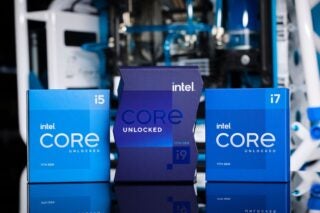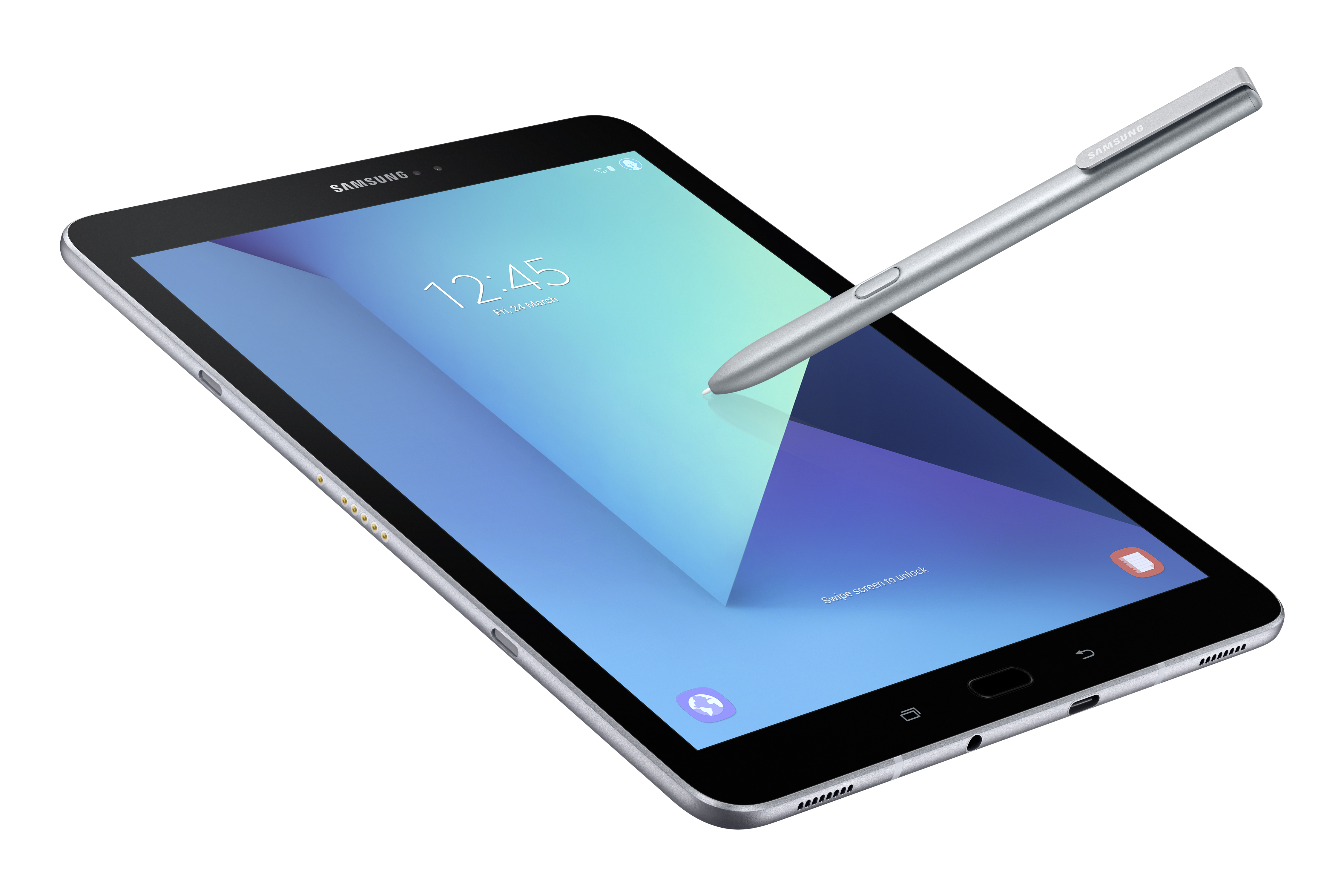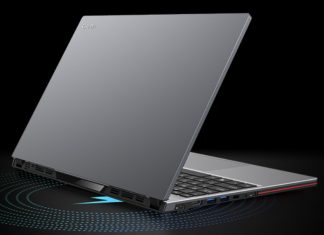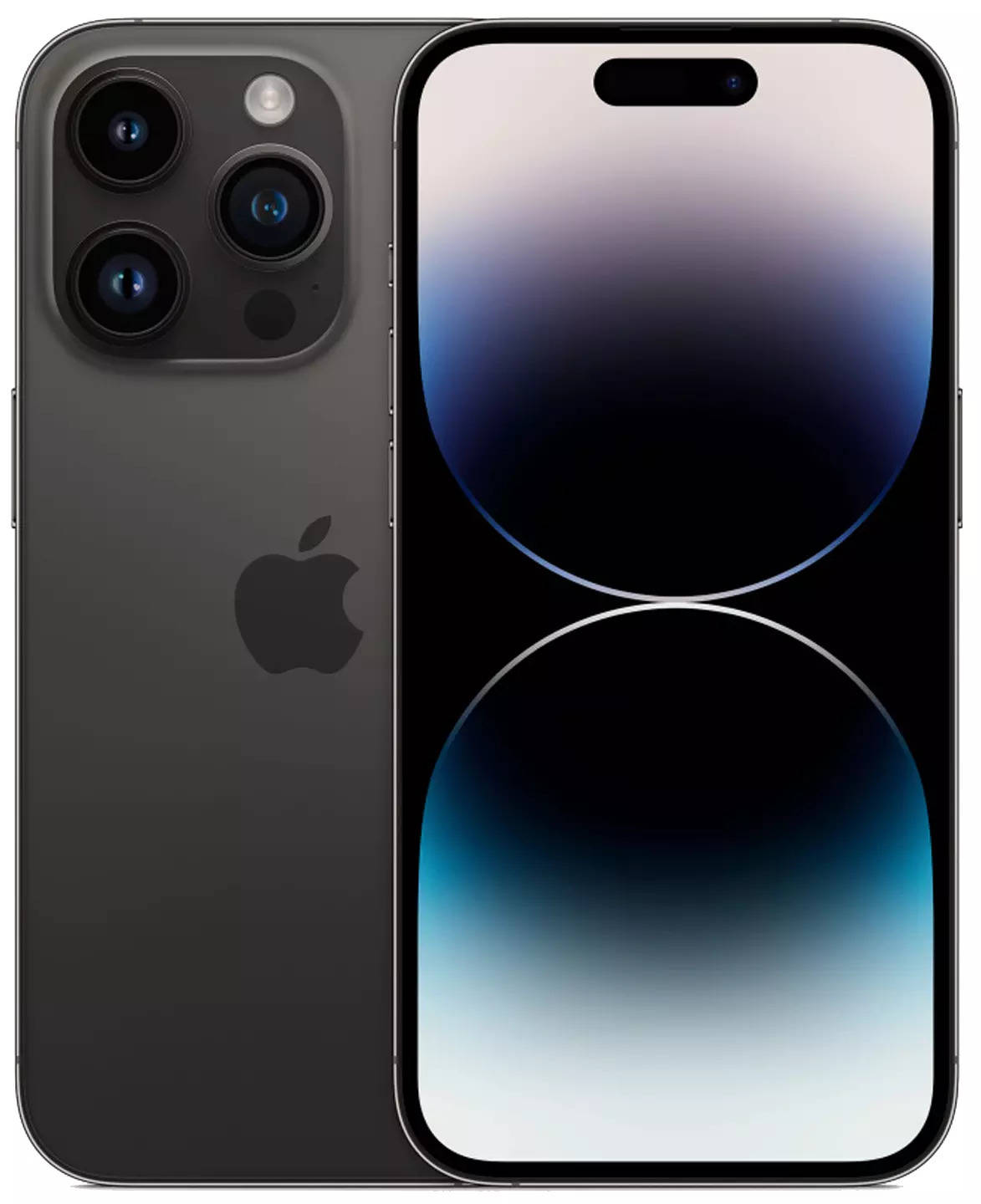Which Intel processor is the best?
If you've already chosen Team Blue in the AMD vs. Intel argument, we've listed all the top Intel processor choices here along with several explanations if you're not familiar with CPU jargon.
The first thing you should be aware of is that both desktop and laptop chips from Intel are currently in their 11th Generation. For someone who wants a thin, light laptop that can handle some light gaming, 11th Gen laptop CPUs, often known as Tiger Lake, have been available for a while.
The much more recent 11th Gen desktop processors, sometimes known as Rocket Lake, are a mixed bag. The higher-end chipsets fall short of expectations as they struggle to compete with AMD Ryzen rivals and even Intel's 10th Gen CPUs.
But what are your best options for Intel processors? Let's begin with a few suggestions for various scenarios.
Best Intel processor for budget gaming desktops: Intel Core i5-11400F
If you're on a limited budget and want a processor for a gaming PC, have a look at the Intel Core i5-11400F. It requires a graphics card to be coupled with it because it lacks a GPU of its own. However, this costs a little less than the normal i5-11400.
Although we haven't examined this processor, the specs imply that it gives the highest proportionate generational performance gain of the 11th Gen desktop series and works well even with extremely powerful graphics cards like the Nvidia RTX 3080 in the majority of games.
That's correct, depending on time and luck when trying to purchase a graphics card, a £150 CPU can be matched with a GPU that costs between £649 and £2000.
Hardcore PC gamers would argue otherwise, not least because the Intel Core i4-11400F cannot be effectively overclocked because it is not an unlocked chip. But a lot of people think it's an excellent purchase.
Best all-rounder performance CPU:Intel Core i5-10600K
The Intel CPU I am most likely to suggest to enthusiast system builders on a limited budget is the Core i5-10600K. When combined with the most potent graphics cards, it is powerful enough to at most be a minor bottleneck.
Performance per pound is good, and since this is a "K" series card, you have the opportunity to significantly overclock it provided you have the necessary cooling. Additionally, UHD 630 graphics are built-in. It may be used without a graphics card, which is convenient if you're waiting for pricing to drop before making a purchase.
Intel’s most powerful mainstream desktop CPU:Intel Core i9-11900K
Ryan Jones, our Computing Editor, has excellent cause to dislike the Intel Core i9-11900K. It costs a lot and performs poorly in multi-threaded applications compared to AMD competitors.
Although its single-core performance is good, PCIe 4.0 support only works with 11th generation Intel or Ryzen 5000 processors. To maximise the speed of the most recent SSDs, this is necessary.
However, certain performance freaks should still take into account the older Intel Core i9-10900K. It is substantially less expensive and, because to its 10 cores compared to the Intel Core i9-11900eight, K's actually beats the more recent processor in a number of scenarios.
Intel Core i5-1135G7 is the best laptop CPU to look for.
The laptop CPU of choice for me is the Core i5, although your options will likely be influenced by the model you choose. Not all laptops are available with every type of processor.
The highlights of the 11th generation of laptops, however, are the mobile CPUs i5-1135G7, i7-1165G7, i5-1185G7, and i7-1185G7, which all contain Intel Xe graphics.
You can play games that were once regarded as being extremely demanding on a thin and light laptop thanks to chipsets that are superior to the integrated GPUs of their respective desktop siblings. Not true classics like Skyrim, but rather games like Kingdom Come: Deliverance and The Witcher 3.
choose an Intel Core i3, i5, i7, or i9
Whether you want to purchase a laptop or a desktop, an Intel Core i5 is a good place to start. An i5 is truly a no-brainer, especially with 11th generation chipsets. They have sufficient processing power for demanding image and video editing tasks as well as high-end gaming. And that's excellent because they consume less power than a Core i7 or i9.
In comparison to the Core i5 series, the Core i7 is more potent. And as you might have suspected, the Core i9 chipsets are more potent than the i7s.
The Core i3 CPUs from Intel are typically the least talked about today, but they are still available and a wonderful option for low-cost family PCs and ultra-cheap gaming desktops. However, an 11th Gen Core i3 is not currently available, therefore you would have to purchase a 10th Gen i3-10100 at this moment (yet).How therefore can the differences between an Intel Core i3 and an i9 be quantified? I'm going to avoid benchmark results and excessively technical language and focus just on two things: cores and clock speed.
I can make a comparison to people here. You can hire more workers to complete a task if you have more cores. Additionally, a faster clock speed enables each of these workers to complete their tasks more quickly.A few fast cores work better for some applications than more cores, such as gaming. However, other applications, like video editing, benefit greatly from a processor with several cores because they are built to fully utilise the CPU. Most of the time, video cards are mined for power by games.
For reference, the desktop 11th Gen CPUs' core counts, base clock speeds, and turbo clock speeds are listed below.
| Intel Core i5-11400 | 6 cores | 2.6GHz | 4.4GHz Turbo |
|---|---|---|---|
| Intel Core i5-11600K | 6 cores | 3.9GHz | 4.8GHz Turbo |
| Intel Core i7-11700 | 8 cores | 2.5GHz | 4.9GHz Turbo |
| Intel Core i7-11700K | 8 cores | 3.6GHz | 5GHz Turbo |
| Intel Core i9-11900K | 8 cores | 3.9GHz | 5.3GHz Turbo |
| Intel Core i3-10100 (10th Gen) | 4 cores | 3.6GHz | 4.3GHz Turbo |




:max_bytes(150000):strip_icc()/Bodewell-Eczema-Daily-Calming-Cream-7106251048384e86b86f24c8cdd9f2f6.jpg)














